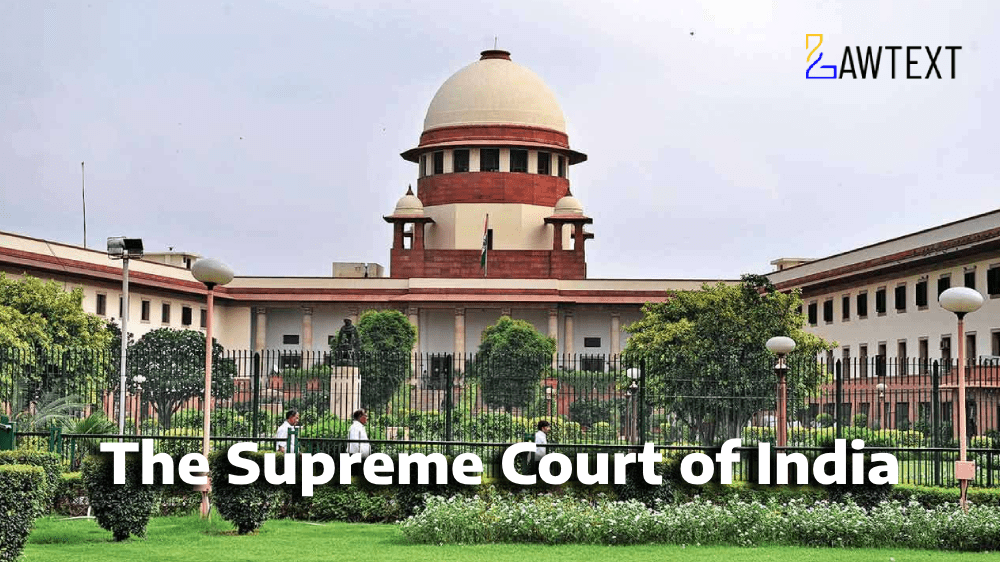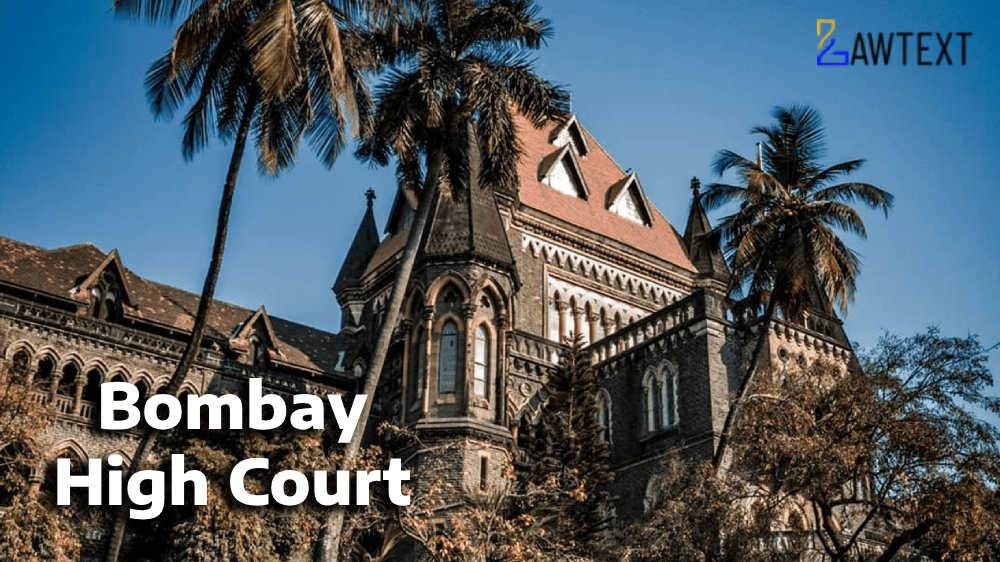Case Note & Summary
The appeals challenge the Patna High Court's judgment, which upheld the Bihar State Government's resolution merging the "Tanti-Tantwa" caste with the "Pan/Sawasi" caste in the Scheduled Castes (SC) list, following the recommendations of the State Backward Commission. The appellants argue that the State Government lacks the authority to alter the SC list, a power vested only in Parliament under Article 341 of the Constitution. The High Court had dismissed the writ petitions and Letters Patent Appeal (LPA), asserting that the State's actions were merely clarificatory, not an alteration of the Presidential Order. The Union of India supports the appellants, stressing that changes to the SC list must be legislated by Parliament.
Intervention and Appeal
Application(s) for intervention/impleadment allowed. Leave granted in SLP (CIVIL) No. 18294 of 2021.Background
The appeals challenge the judgment and order dated 3rd April, 2017, by the Patna High Court. The High Court dismissed five cases challenging the State Government's Notification dated 1st July, 2015. The Notification aimed to delete "Tanti-Tantwa" from the Extremely Backward Classes list and merge it with the "Pan/Sawasi" caste in the SC list.Challenge to the Notification
The appellants argue that the State Government lacks the power to alter the SC list, a power vested in Parliament under Article 341 of the Constitution. The High Court upheld the Notification, stating it was clarificatory and not an alteration.Submissions by Respondents
The State of Bihar and private respondents claimed "Tanti-Tantwa" and "Pan/Sawasi" were the same caste. The High Court accepted this argument, dismissing the appeals.Issues for Consideration
Constitution provisions regarding SC list preparation. Process for altering the SC list under Presidential Order. Provisions for Backward Classes in the Constitution. Entries in the Presidential Order of 1950 and subsequent amendments. State decisions on Backward Classes. Correspondence between Bihar State and the Central Government. Union of India's stance before the High Court and Supreme Court. Analysis of arguments from appellants, respondents, and intervenors. Conclusion.Relevant Constitutional Provisions
Article 366(24) defines Scheduled Castes. Article 341 outlines the President's power to specify SCs and Parliament's power to amend the list.Historical Context and Amendments
The SC Order of 1950 and subsequent amendments in 1956, 1967, 1976, and 2002.Bihar's State Legislation
Bihar State Commission for Backward Classes Act, 1993. Bihar Reservation of Vacancies in Posts and Services Act, 1991.Union of India's Application for Impleadment
The Central Government's stance opposing the Bihar Government's Notification. The RGI's non-support for including "Tanti-Tantwa" in the SC list.Submissions on Behalf of the Appellants
Ms. Indira Jai Singh argues the Notification is unconstitutional and mala fide. The State's competence to alter the SC list is questioned. The Notification should be quashed entirely, not partially.Submissions on Behalf of the Respondents
Sri Ranjeet Kumar defends the Notification as clarificatory. Historical and socio-economic factors supporting the merger of "Tanti-Tantwa" with "Pan/Sawasi."Conclusion
The Supreme Court to consider constitutional provisions, historical context, arguments, and submissions to reach a just conclusion.
Issue of Consideration: DR. BHIM RAO AMBEDKAR VICHAR MANCH BIHAR, PATNA VERSUS THE STATE OF BIHAR & ORS.
Premium Content
The Issue of Consideration is only available to subscribed members.
Subscribe Now to access critical case issues





